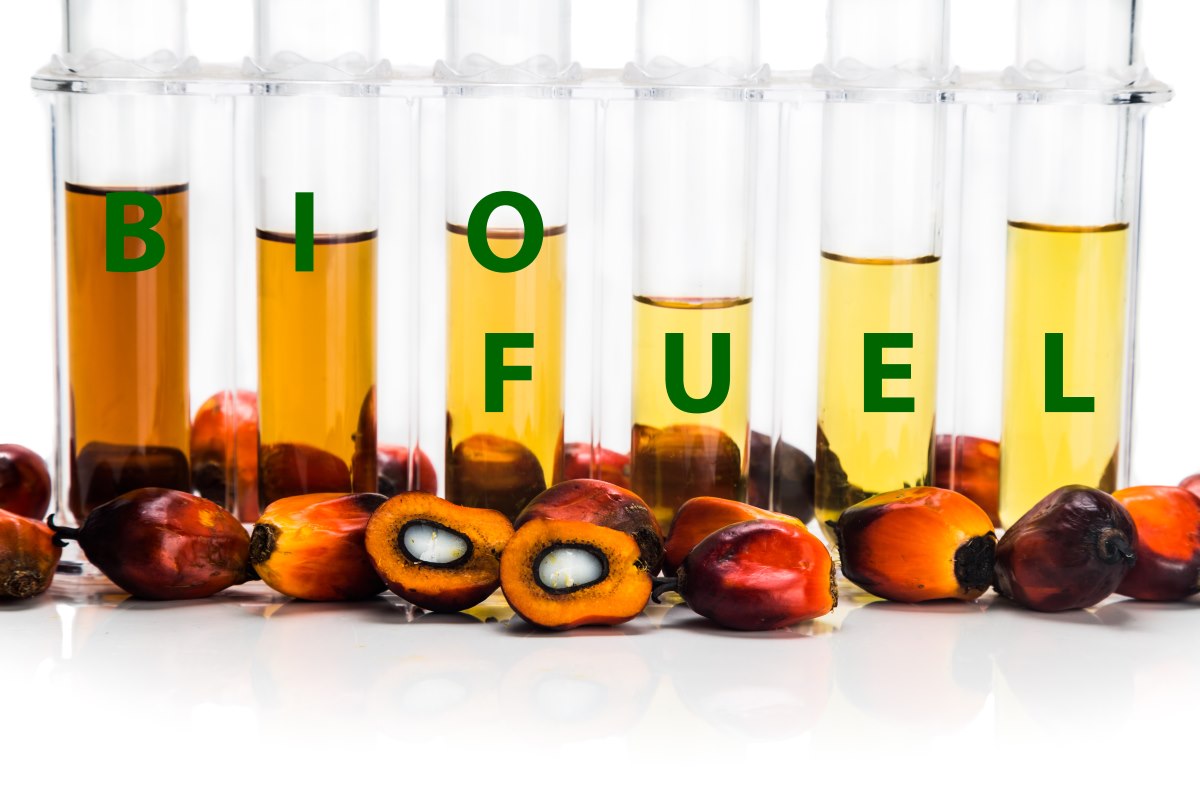Indonesia is the world's largest producer of palm oil. The question for Jakarta is: can the blend of diesel combined with 40 per cent 'cooking oil' help meet the government's targets?
Indonesia is testing a biodiesel blend to be used as fuel for cars, of which palm oil makes up 40 per cent. In particular, Jakarta is testing whether this combination of diesel and palm oil (also called 'cooking oil') can work at high altitudes. In fact, in general, palm oil tends to harden in colder climates. Blending biodiesel with palm oil is nothing new in Indonesia. The South-East Asian country currently requires cars to use a 30% blend (or 'B30' - 'B30 requirement'), and is trying to increase this to 40% ('B40' - 'B40 requirement'). To find out whether the tropical oil can adapt to higher altitudes, a few weeks ago the experimenters left Dieng, an active volcanic region in central Java, for a test tour. Therefore, in the coming weeks, six Toyota Innova minivans, fuelled with 40 per cent palm oil biodiesel, will be on a trial run on the island of Java.
Should the tests yield the desired result, the government's target would be to increase the requirement from B30 to B40, and thus mandate the 40% 'cooking oil' blend of diesel. The consequence would be a redistribution of palm oil: palm oil exports would be reduced and there would be more local consumption instead. Indonesia's goal is precisely this: on the one hand to increase domestic consumption of palm oil and on the other hand to reduce imports of fossil fuels. In addition, a greater use of palm biodiesel would also lead to a reduction in emissions. Thus, the impetus for increased use of palm oil is the hope to reduce emissions, reduce fossil fuel imports and consume surplus palm oil stocks..
As already mentioned, a positive test result would also lead to less palm oil being exported and this would certainly have an impact on exports of the product. The Indonesian government's plan could cause prices to rise globally, resulting in higher oil prices. In fact, following the basic rules of economics, if there is less supply against more demand, the price of the product is bound to rise. This is not the first time Indonesia has tried to decrease palm oil exports. Already earlier this year, the country tried to ban exports in an attempt to reduce local inflation. As a result of this policy, palm oil prices had reached record levels. The country only changed its strategy when it found itself with far more palm oil stocks than its citizens could realistically consume. Exports then resumed and prices started to fall.
To understand whether there will be another decrease in exports from Indonesia, however, we have to wait for the end of the tests and the possible announcement of the Jakarta government on the implementation of the 'B40' requirement. The final results will come in around December when the trial is over. According to Dadan Kusdiana, Director General of New and Renewable Energy at the Ministry of Energy and Mineral Resources, the results of road tests so far indicate that the efficiency of this blend is generally comparable to the 'B30' blend. The ministry hopes for positive results so that the technical specifications for the 'B40 requirement' can then be formulated. As stated by Director General Kusidiana, with the B30 requirement, the Jakarta government's goal was to achieve an annual consumption of 11 million kilolitres. By October 2022, already 8 kilolitres had been used. If the B40 requirement is implemented, domestic use of palm biodiesel will increase by about 3.4 million to 3.5 million kilolitres. When B40 is in place, the government expects palm oil-based fuel use to rise to 15 million kilolitres per year.






